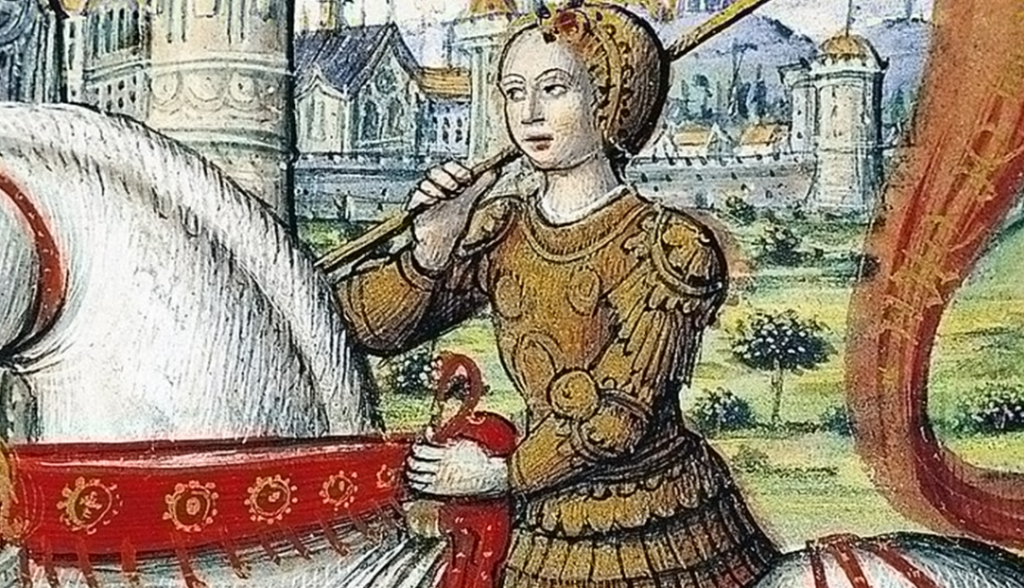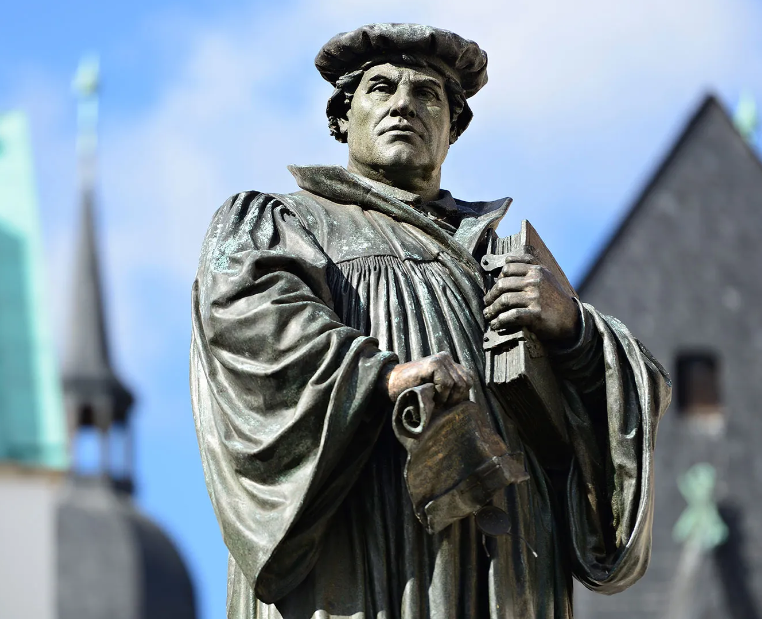José de San Martín, known as the Argentina National Hero, was a prominent military and political leader who played a pivotal role in the South American wars of independence against Spanish rule. His exceptional leadership and strategic brilliance led to the liberation of several nations, including Argentina, Chile, and Peru. This article delves into the life and achievements of José de San Martín, highlighting his contributions to the independence movements in the region.
Early Life and Military Career of Argentina National Hero
José Francisco de San Martín y Matorras was born on February 25, 1778, in Yapeyú, a small town in present-day Argentina. He came from a distinguished military family and began his military career at an early age. San Martín joined the Spanish army and participated in various campaigns across South America, gaining valuable experience and knowledge that would later shape his destiny.
Leadership in the Spanish American Wars of Independence
Formation of the Army of the Andes
As the Spanish American colonies started their struggle for independence, José de San Martín recognized the need for a well-trained and disciplined army. He formed the Army of the Andes, a force that would prove instrumental in achieving the liberation of the region. San Martín meticulously organized and trained his troops, instilling in them a sense of loyalty, discipline, and purpose.
Crossing the Andes
One of the most remarkable military feats orchestrated by San Martín was the crossing of the formidable Andes mountain range. With his well-prepared army, he embarked on a daring expedition, navigating treacherous terrain and harsh weather conditions. The successful crossing of the Andes played a crucial role in the subsequent campaigns and surprised the Spanish forces.
Liberation of Chile
After crossing the Andes, San Martín led his army into Chile, joining forces with local revolutionaries. Together, they fought a series of battles that ultimately led to the liberation of Chile from Spanish control. San Martín’s strategic maneuvers and tactical brilliance allowed him to secure decisive victories, paving the way for Chile’s independence.
Campaign in Peru
Following the success in Chile, San Martín set his sights on liberating Peru, the stronghold of Spanish colonial power in South America. He devised a grand strategy to achieve this goal, which included a naval blockade, the establishment of alliances, and a decisive land campaign. San Martín’s forces engaged the Spanish troops in battles such as the Battle of Chacabuco and the Battle of Maipú, driving them out of Peru and securing its independence.
Legacy and Impact of Argentina National Hero
José de San Martín’s contributions to the wars of independence were not limited to military victories. He played a crucial role in the political development and nation-building of the liberated countries. San Martín understood the importance of creating stable and independent nations, and he actively worked towards establishing democratic governments and fostering unity among the newly freed states.
The legacy of San Martín’s leadership and vision is still celebrated today. His strategic brilliance, selfless dedication to the cause of independence, and unwavering commitment to his principles have made him an iconic figure not only in Argentina but across South America. San Martín’s influence extends beyond military achievements, as his values and ideals continue to inspire generations of leaders and patriots.
Argentina National Hero; Personal Life and Later Years
Despite his remarkable achievements on the battlefield, José de San Martín preferred a quiet life away from the limelight. After the successful liberation of Peru, he resigned from his military and political positions, choosing to retire in France. San Martín settled in Boulogne-sur-Mer with his family and led a modest life, focusing on his personal affairs and writing his memoirs.
San Martín’s commitment to the cause of independence remained steadfast throughout his life. He declined offers to return to Argentina and actively avoided involvement in political conflicts that arose in the newly independent nations. Instead, he dedicated his time to advocating for the principles of liberty, unity, and democracy.
Conclusion
José de San Martín’s contributions as a military leader and visionary statesman have earned him the title of the national hero of Argentina. His strategic brilliance, unwavering determination, and commitment to the ideals of freedom and independence laid the foundation for the liberation of not only Argentina but also Chile and Peru. San Martín’s legacy continues to inspire generations, serving as a reminder of the power of leadership and the pursuit of justice.
FAQs
1. What is José de San Martín best known for?
José de San Martín is best known for his leadership in the wars of independence in South America, particularly in Argentina, Chile, and Peru. He successfully led military campaigns that resulted in the liberation of these nations from Spanish colonial rule.
2. Where was José de San Martín born?
José de San Martín was born in Yapeyú, which is now part of Argentina. He was born on February 25, 1778.
3. Did José de San Martín participate in politics after the wars of independence?
While José de San Martín played a significant role in the political development of the liberated countries, he chose to retire from active politics after the successful liberation of Peru. He focused on advocating for democratic principles and refrained from involving himself in political conflicts.
4. What was the significance of San Martín’s crossing of the Andes?
San Martín’s crossing of the Andes was a remarkable military feat that surprised the Spanish forces and allowed him to launch successful campaigns in Chile and later in Peru. It demonstrated his strategic brilliance and showcased the determination and capabilities of his well-prepared army.
5. How is José de San Martín remembered today?
José de San Martín is remembered as a national hero and an iconic figure in Argentina and other South American countries. His legacy is celebrated for his military achievements, his dedication to the cause of independence, and his vision for democratic nations.
References
- Harvey, Robert. “Liberators: Latin America’s Struggle for Independence, 1810-1830.” Pan Macmillan, 2003.
- Lynch, John. “San Martín: Argentine Soldier, American Hero.” Yale University Press, 2009.
- Rock, David. “Argentina: 1516-1982.” University of California Press, 1987.

